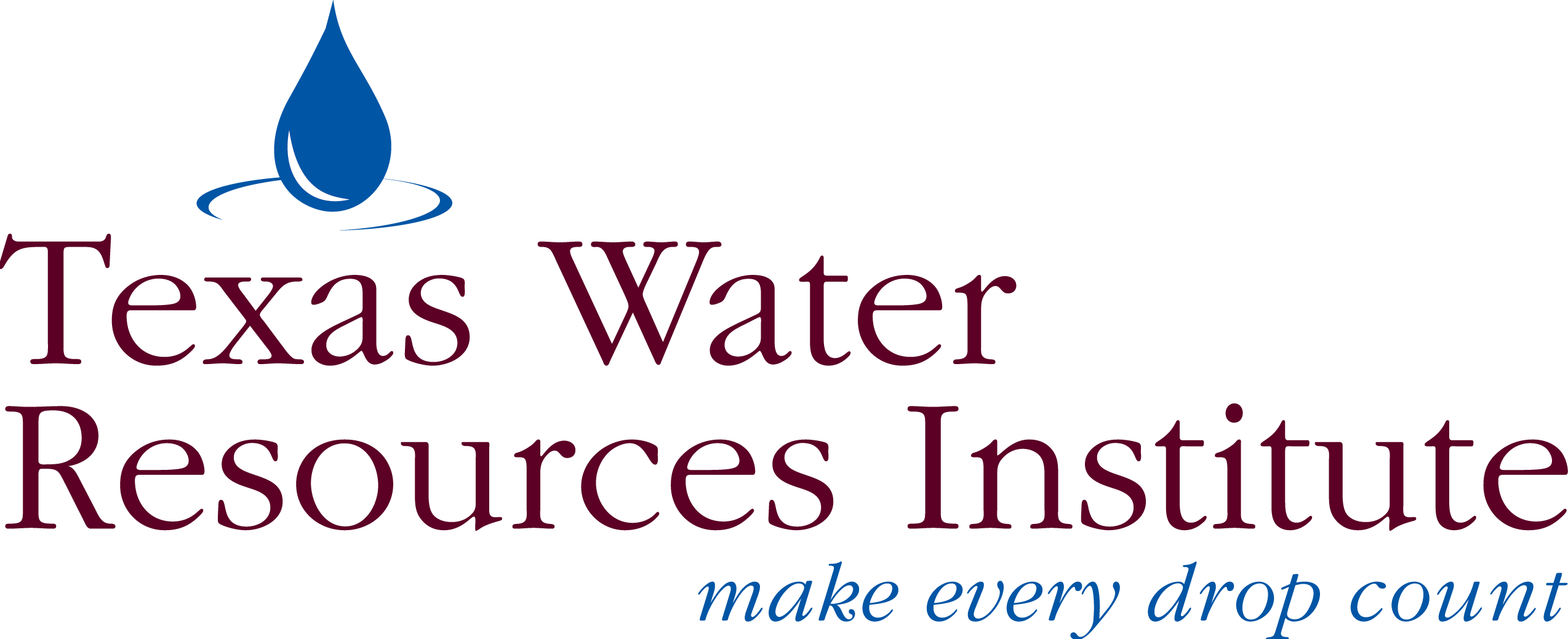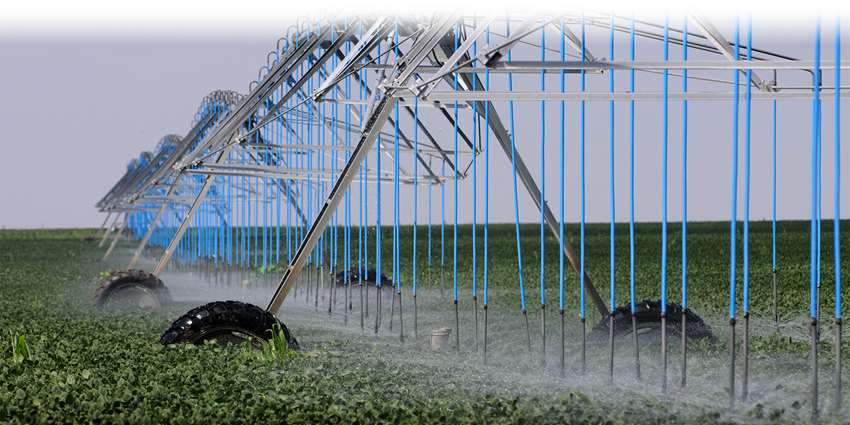Article originally written by Alexandra Hoskins
Agricultural water conservation is extremely important, especially in the Ogallala Aquifer region. Targeting the agricultural water users in the North Texas area, a program began in 2016 that focuses on conserving irrigation: the Master Irrigator program.
While Master Gardeners or Master Naturalists may be familiar programs, the Master Irrigator program is a bit different. Master Gardeners and Naturalists focus on horticulture and the environment. The Master Irrigator program focuses solely on irrigation management.
“The Master Irrigator program is an extension of our ongoing demonstration programs,” said Steve Walthour, general manager of the North Plains Groundwater Conservation District (NPGCD). “It is designed to take the process to the next step by facilitating the adoption of proven best management practices by significantly reducing the learning curve for producers.”
For the past three years, NPGCD has been training producers to become Master Irrigators. This year, it won the Texas Environmental Excellence Award in agriculture from the Texas Commission on Environmental Quality for the program.
Master Irrigator participants learn how to manage irrigation using conservation irrigation practices. The program was founded on several principles, according to the website. First, the tools, strategies and practices used in the program are accessible immediately for producers, making the solutions practical and accessible. Second, lectures, problem solving and in-field, hands-on applications are used during teaching. Third, the length of the program is designed to give participants time to reflect on what they learn and build a network amongst themselves to rely on when implementing best practices in their operations.
Walthour spoke about the Master Irrigator program at the Ogallala Water Summit that took place in April 2018.
“If you want to change what farmers do, you have to put out commercially viable stuff for them to use. Provide farmers with tools that work and have been tested, and show them how to use them – this is the key,” Walthour said.
To train students in current available irrigation technology, four topical sessions are required to become a Master Irrigator and attendance at all sessions is mandatory. Topics range from agronomics to irrigation scheduling and system management.
In 2019, the dates and topics for the sessions are:
- March 20, Agronomics
- March 27, Irrigation Scheduling
- April 3, Systems
- April 10, Systems & Special Topics
The 65 participants who have become Master Irrigators to date control almost 200,000 acres of irrigated land, or close to 20 percent of the irrigated acres, in the district. Program graduates have access to the Environmental Quality Incentives Program, which is financial assistance funding used on approved conservation practices. This funding is provided through the U.S. Department of Agriculture’s Natural Resources Conservation Service. Attendance at all program sessions is required to qualify for the funding. Participants have received over $1 million in conservation equipment.
To learn more about the Master Irrigator program, visit the NPGCD website.
For the 2017 program slides and other information, visit here.



